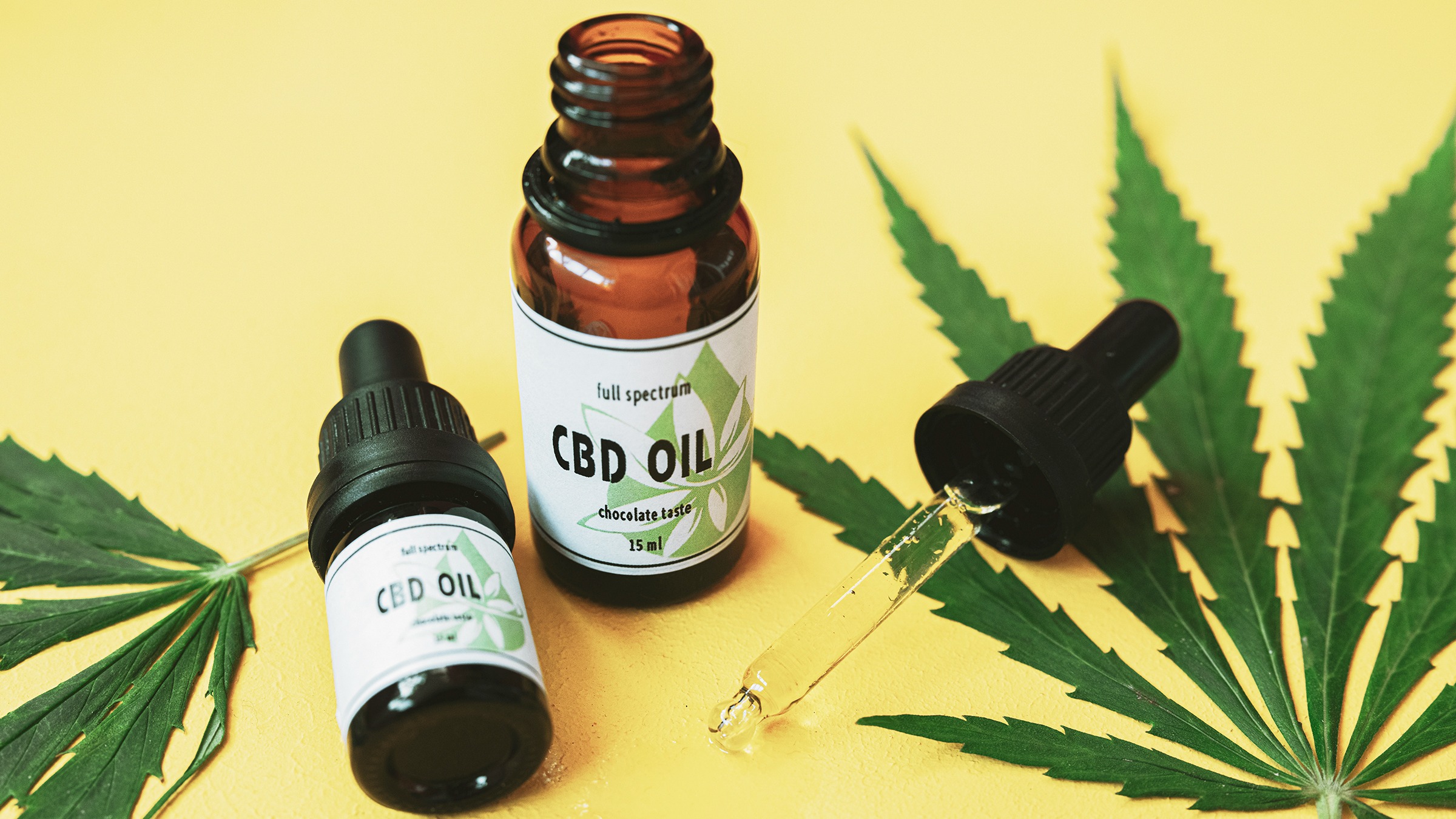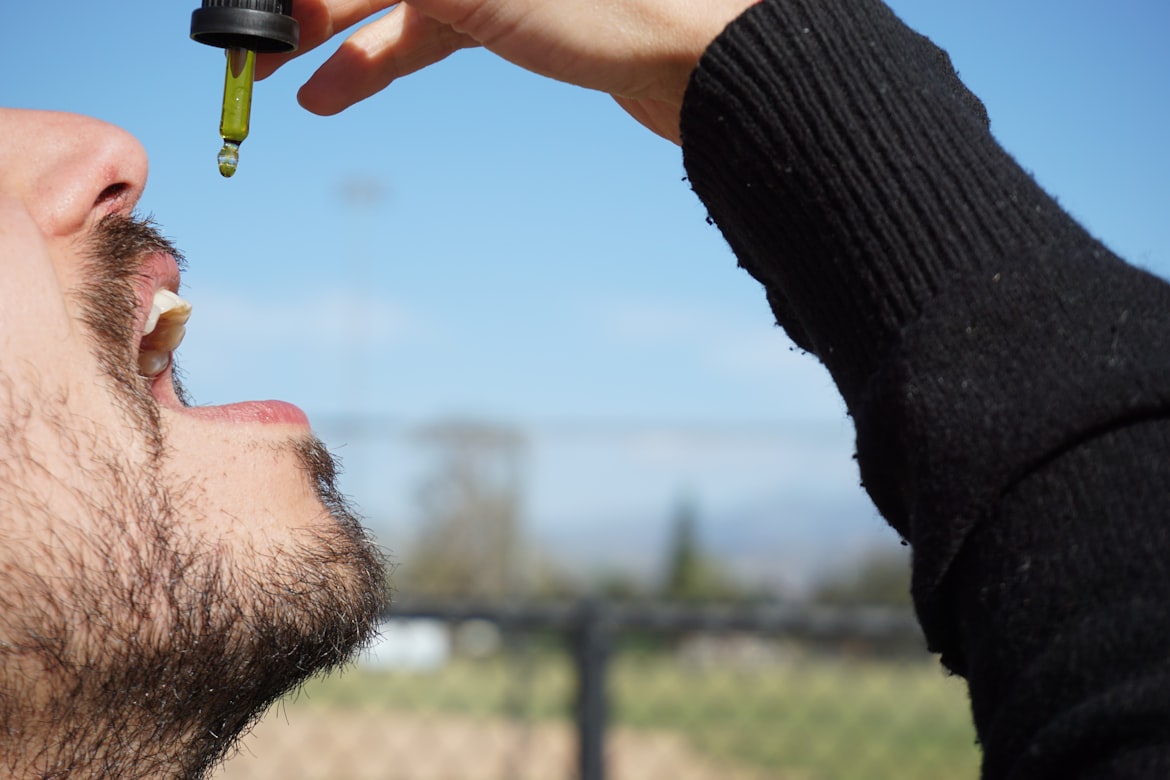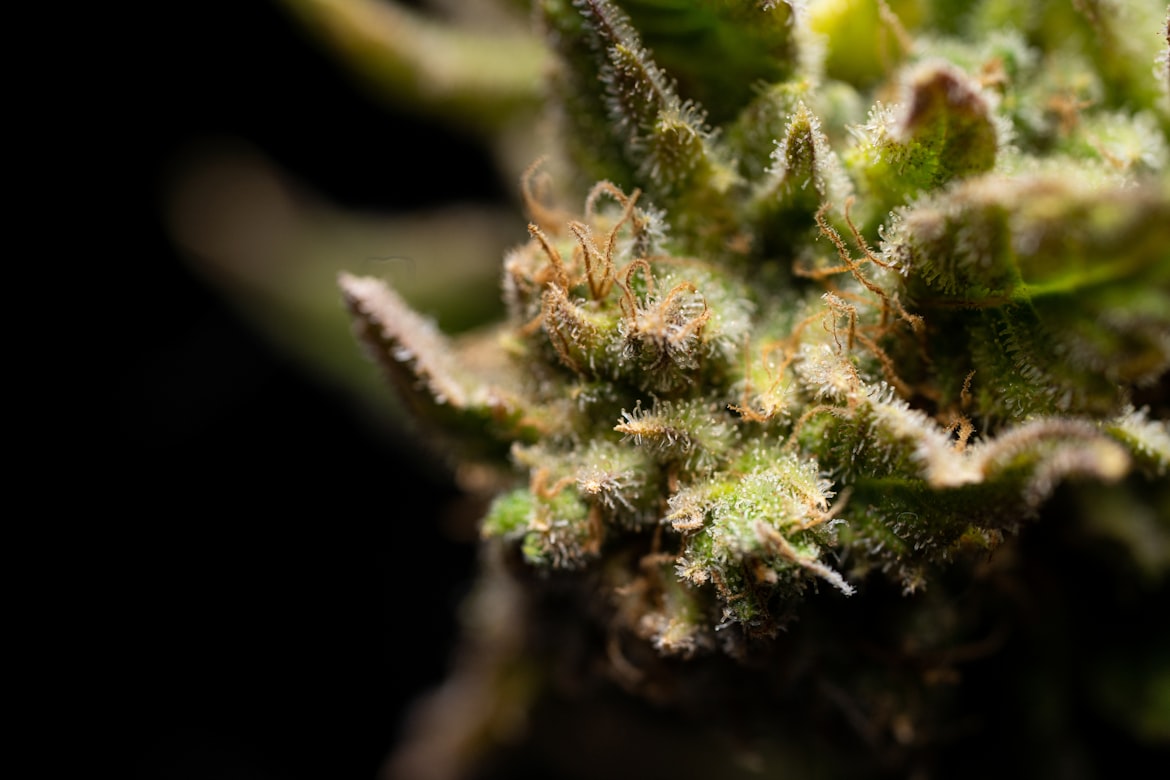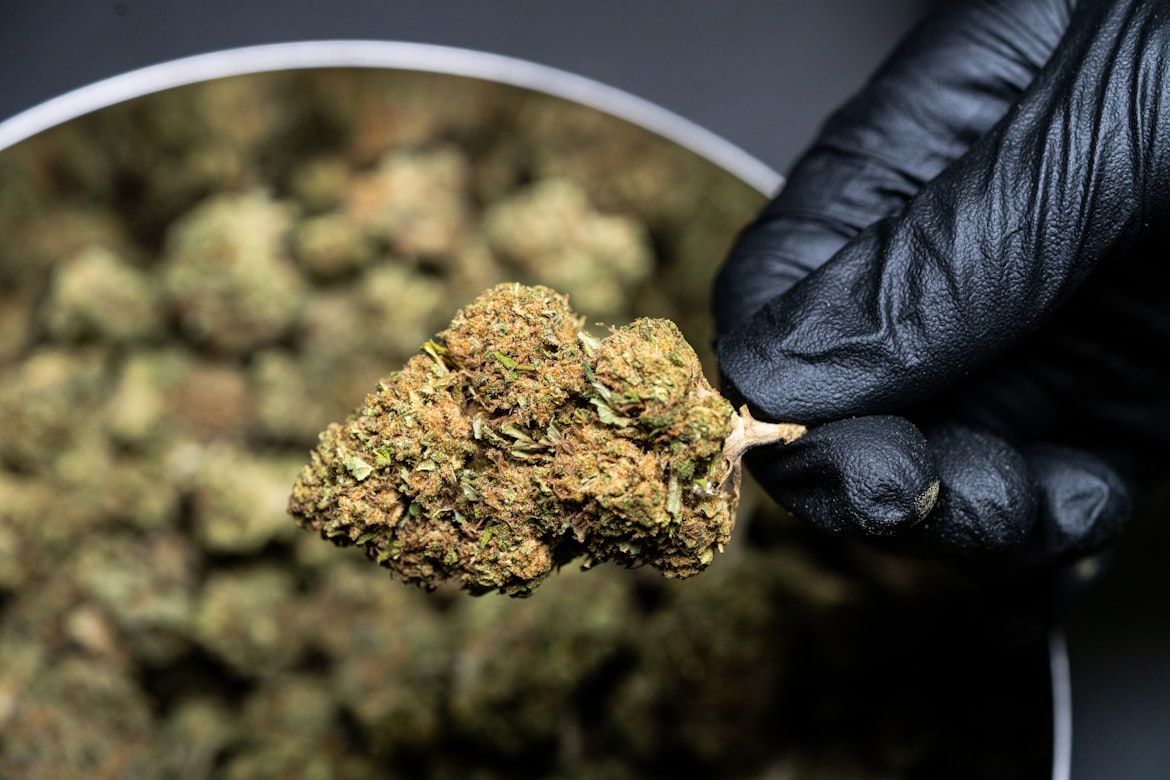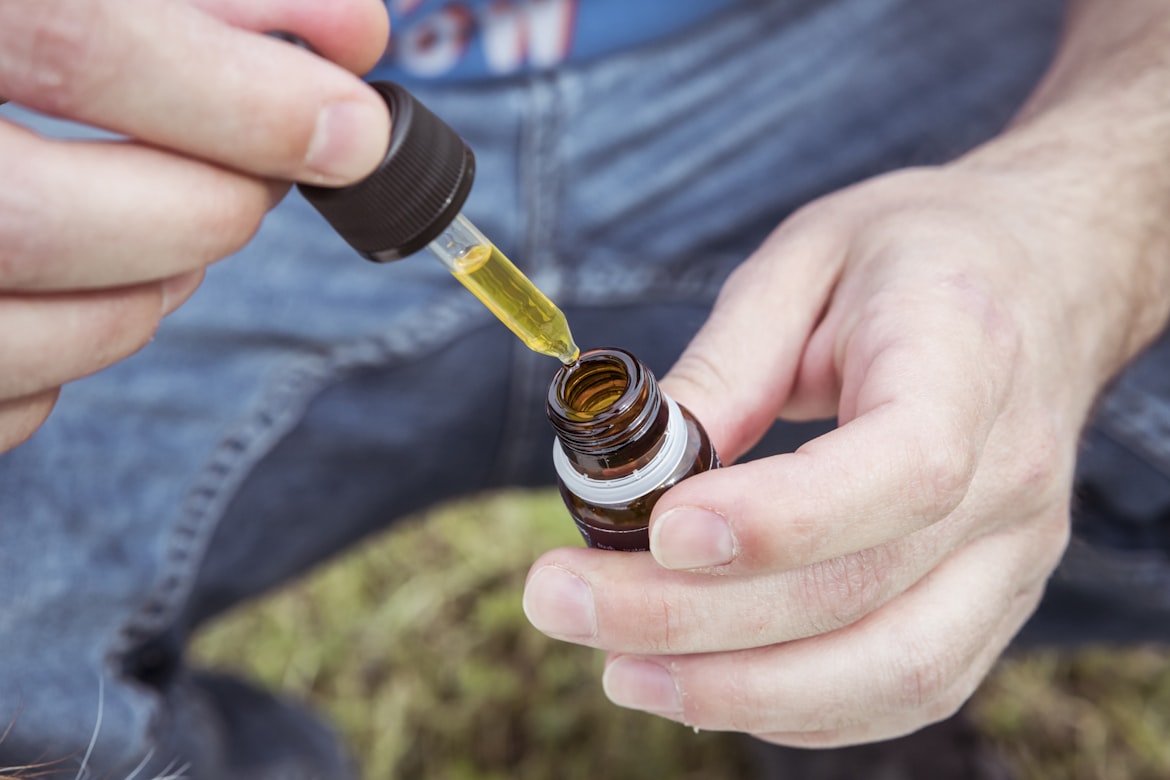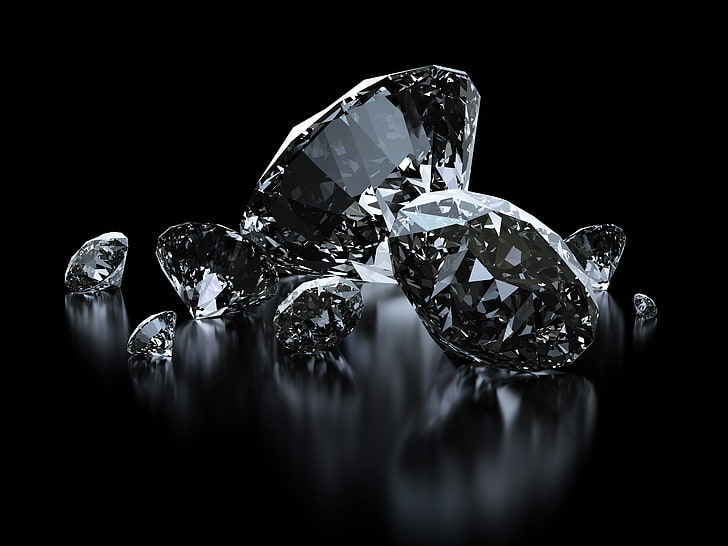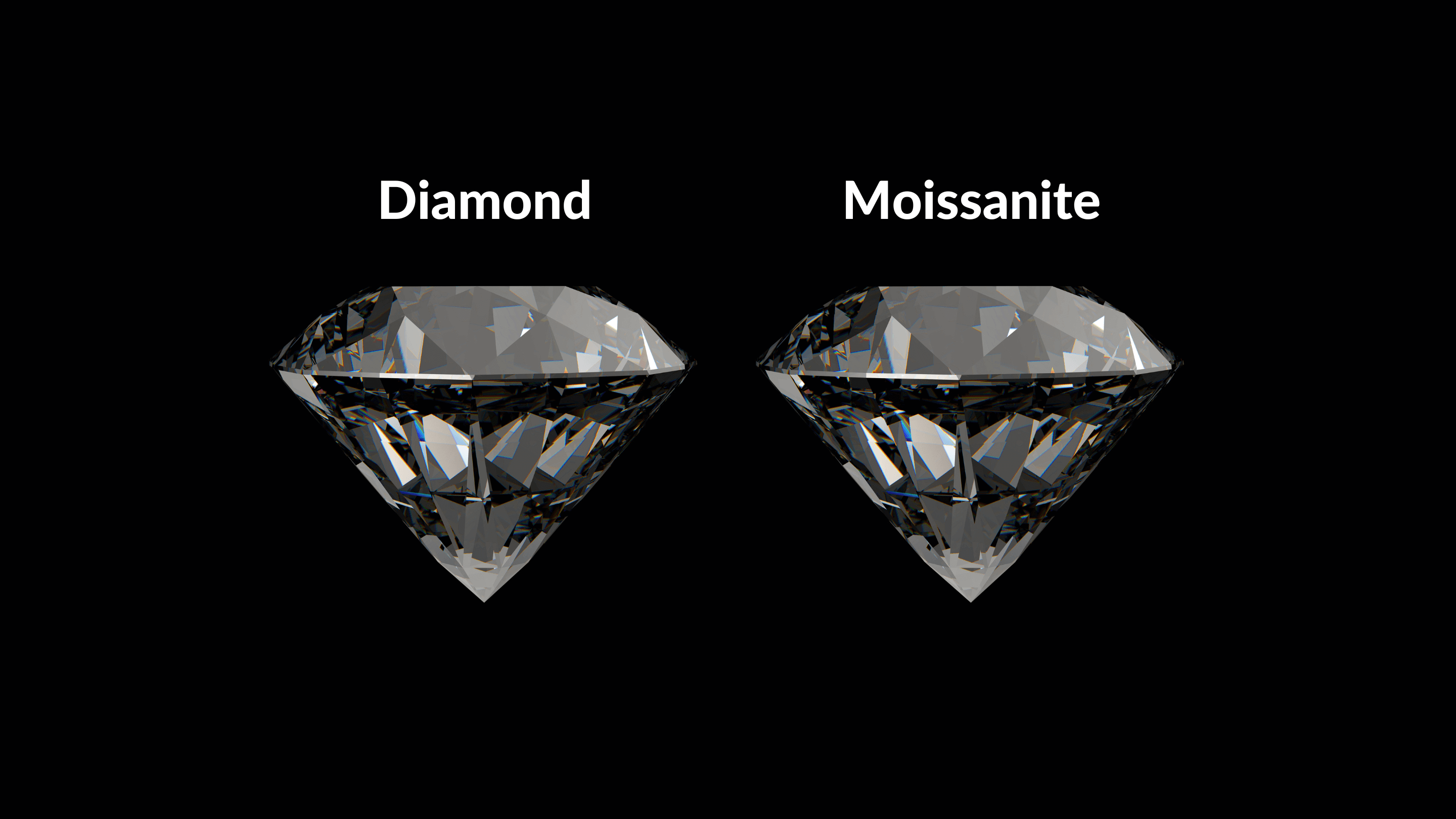Cbd Oil: Everything You Need To Know

Cannabis has many names, each of which refers to a different substance. However, we still do not understand the source of the confusion. How can cannabidiol oil be legally purchased in 50 states with no access to marijuana? Where does its recent popularity come from? Are there any health risks associated with cannabidiol oil? Does it pose any addiction risks?
What Exactly Is CBD?
Cannabinoids are natural chemicals produced by some plants and by the body. There is no differentiation between plant phytocannabinoids and human endocannabinoids. Unlike our body’s operating system, our endocannabinoid system involves neurotransmitters that bind to receptors and affect mood, appetite, sleep cycle, and our response, movement, and feeling. We share many of the same chemical properties with phytocannabinoids as we do with endocannabinoids. Alto CBD is one of the main chemicals in cannabis. Cannabis is actually a group of flowering plants.Alto CBD is one of the main chemicals in cannabis. Cannabis is actually a group of flowering plants. For more information, visit byflowerfarm.com.
By applying this analogy, Echo Connection explains that hemp and marijuana are both cannabis plants that are related but different.
It is obvious where the confusion comes from. The dried form of cannabis is typically known as marijuana. Often, hemp is used as a synonym for cannabis, while cannabis refers to marijuana varieties cultivated for purposes other than drug production, such as fiber. In general, tetrahydrocannabinol (THC) content is the main difference between varieties.
How Do You Define THC?
A cannabis plant’s flowers, seeds, and stems contain over 120 cannabinoids.
The cannabis plant inherently contains very high levels of cannabinoids such as cannabidiol and tetrahydrocannabinol (THC). Marijuana has a much higher concentration of THC. Furthermore, even though the two compounds have similar chemical structures, they possess very different psychoactive properties.
A compound in raw cannabis, called THC, cannot bind to cannabinoid receptors in the brain, so it produces a mind-altering high when heated. This happens through decarboxylation. While THC can trigger relaxation and an altered perception for some people, it can also lead to anxiety, high blood pressure, hallucinations, and paranoia in others.
It is not known whether hemp CBD is psychoactive or addictive, unlike THC. This interacts with the human endocannabinoid system by stimulating the production of endocannabinoids.
How Does CBD Oil Affect You?
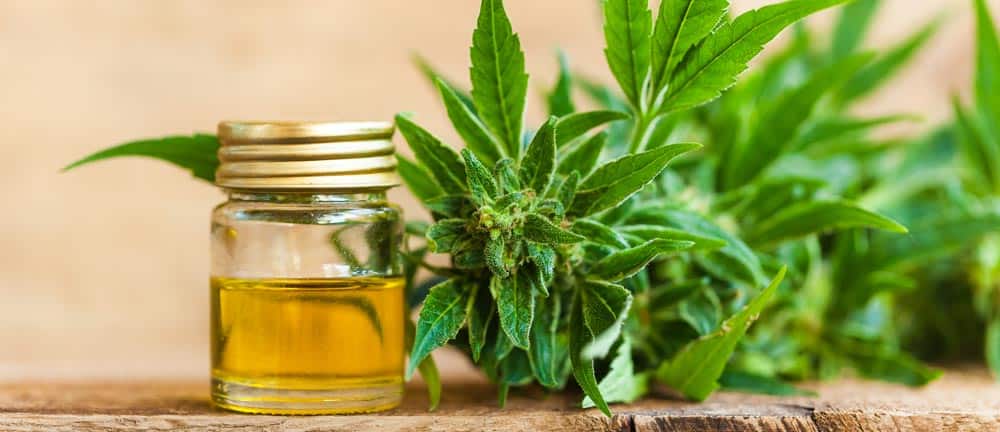
Although every person responds differently to the substance, most report feeling more focused, relaxed, and less anxious after taking it. People who claim that CBD oil helps them deal with chronic pain, headaches, and insomnia say it doesn’t make them high like THC does. Another benefit of CBD oil is that it reduces inflammation. Studies have shown that THC activates the brain’s “fight-or-flight” responses, whereas CBD lowers autonomic arousal, which is closely related to the increase of heart rate or respiratory rate, which could explain why CBD is used as a relaxation agent. The potential of CBD oil in treating anxiety has been cited in a 2015 study, but more research is needed to understand its chronic and therapeutic effects.
Everyone is Talking About CBD These Days?
In 2018, the federal government removed hemp-derived products from the DEA’s Schedule 1 list due to passage of the Farm Bill. As a result of the Farm Bill, hemp lotion began to be manufactured and sold across state lines, eroding state-level cannabis programs. Even though it is a heavily regulated crop in the United States. Several serious provisions govern it. The Farm Bill will not affect state-approved cannabis programs.

